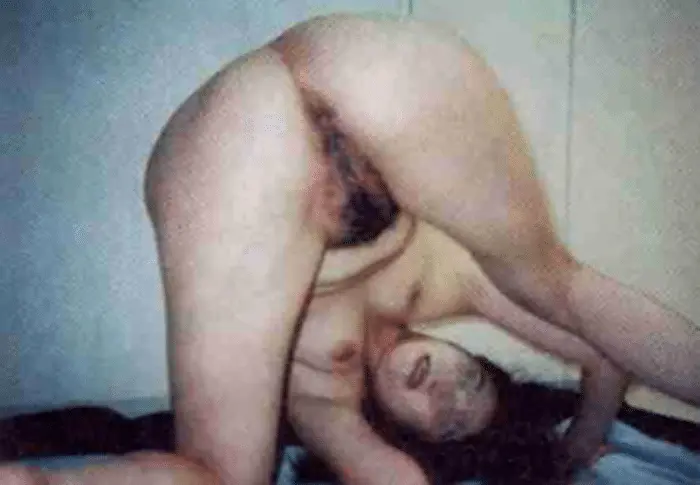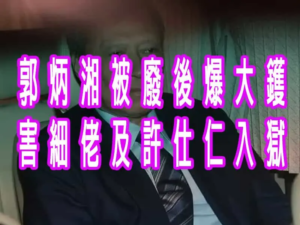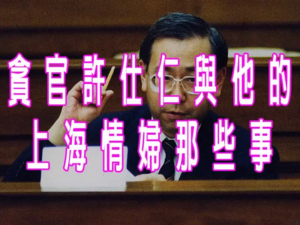What does "Horseman" mean?

Table of contents
In the sex industry of Chinese society, "horse groom" is a common but rarely discussed publicly role. This term originates from traditional prostitution culture, and its responsibilities and social significance have changed with the evolution of the times. This article will deeply analyze the position of "horse groom" in prostitutes and the sex industry from multiple aspects such as definition, historical background, modern role, and social impact.

Definition and Etymology of Horseman
1. Literal meaning and historical origin
The word "stable boy" originally meant "someone who takes care of horses". In ancient times when transportation was not well developed, horse-drawn carriages were an important means of transportation, and stable boys were responsible for driving, feeding horses and other chores. However, in the context of the sex industry, "horse groom" is given a different meaning.
2. Horsemen in the sex industry
In the context of prostitution and sex trade, the horse can represent a prostitute, so some popular or high-quality prostitutes are called horse kings.
"Horseman" refers to the middleman who is responsible for picking up, protecting and managing prostitutes., similar to a "pimp". In Hong Kong, it is called "pimping". (Pimp), but the role may be more like "driver and bodyguard". Their main tasks include:
- Pick up prostitutes: Driving the prostitute to the transaction location (such as a hotel, guesthouse, or a place designated by the client).
- Protection and monitoring: To prevent prostitutes from being treated violently or refused to pay by clients. At the same time, it is also possible to monitor prostitutes to prevent them from escaping or taking in clients privately.
- Money Management: Some grooms will collect the fees on behalf of the prostitutes and then distribute them to them according to the agreed proportion.
- Contact and Arrangement: Assisting prostitutes in communicating with clients and even in some cases being responsible for soliciting clients.
3. Difference from "Pimping"
- Pimp: They are usually more proactive in soliciting business, controlling multiple sex workers and taking a cut, sometimes involving violence or coercion.
- Horseman: The role is more like "logistical support". It does not necessarily involve directly soliciting customers, but ensures that the transaction proceeds smoothly.

The historical evolution of horse grooms
1. Ancient and modern "turtle men" and "horse drivers"
In ancient China, there was a position called "Guigong" in brothels, who was responsible for managing prostitutes, receiving guests, and even punishing disobedient prostitutes. The role of "horse groom" is more like that of "odd job" or "guard". For example, there are similar descriptions in novels such as "Flowers of Shanghai" in the Qing Dynasty.
2. Changes in the modern sex industry
As society changes, the sex industry is also gradually transforming:
- Traditional brothels are declining: Due to legal crackdowns, modern sex trade has shifted more towards "personal studios", "delivered tea" or online solicitation, and the role of the groom has also changed from "brothel handyman" to "driver and bodyguard".
- Technological impact: Many transactions are arranged online, and the groom may also serve as a "broker" and use communication software (such as LINE and WeChat) to coordinate business.
- Legal risks: In areas where sex trade is illegal (such as Taiwan and mainland China), grooms may be considered "middlemen" or "criminal organizers" and face more severe criminal penalties.

The modern role and controversy of stable boys
1. The role of a modern groom
- Logistics and security: Ensure that prostitutes arrive safely at the transaction location and intervene if conflicts arise.
- Financial intermediary: Some grooms will collect money from the customers first and then share the money with the prostitutes to prevent them from being cheated.
- Market Adaptation: In response to online sex transactions, horse grooms may operate social media, forums, or even disguise themselves as "massage parlors" or "health clubs" as cover.
2. Negative impact of grooms
- Exploitation issues: Some grooms will force prostitutes to pay high fees or even control their personal freedom.
- Criminal Links: Horse drivers may be involved in human trafficking, threats of violence, or have ties to the underworld.
- Legal risks: In most Chinese areas, brokering sex transactions is a criminal act and the groom may face criminal liability.
3. The relationship between prostitutes and stable boys
- Partnership: Some prostitutes voluntarily cooperate with stablemen in exchange for security and customers.
- Forced to depend: Some prostitutes may be forced into the control of their grooms due to debt, coercion or lack of choice.
- Intermediary or Manager:Responsible for finding clients for prostitutes, arranging trading venues, and even providing certain "protection" to deal with potential dangers. However, such protection is often accompanied by exploitation. The grooms may take a high share of the prostitutes' earnings or even control their work and lives through threats or violence.

Society and the Law's Views on Horsemen
1. Legal aspects
- Taiwan: According to the Social Order Maintenance Law, those who broker sex transactions may be fined or even detained; if it involves violence or human trafficking, it violates the Criminal Law.
- Chinese mainland: The crime of organizing prostitution is extremely serious and Ma Fu may be sentenced to more than five years in prison.
- Hongkong: Although sex trade is illegal,One Floor One Phoenix" mode, the role of the groom is vague.
2. Social perspective
- A necessary evil? Some people believe that grooms provide "protection" to prevent prostitutes from being harmed by their clients.
- A part of the criminal structure? Many people criticize grooms as accomplices in sex industry exploitation, especially when it comes to coercion or control of prostitutes.

Conclusion: Are grooms the shadow of the sex industry or a necessary existence?
"Horse grooms" play a complex role in the sex industry, serving as both logistical support and exploiters. Their emergence reflects the "underground" nature of the sex industry and the practitioners' need for safety and customer sources. However, due to legal and moral disputes, the existence of grooms has always been in a gray area.
In the future, if society becomes more open to regulating the sex industry (such as legalization and standardization), the role of grooms may be replaced by a more transparent "agent system" to reduce exploitation and crime. But at this stage, this role remains controversial and continues to affect the living environment of sex workers.






![[有片]拜祖先會獲得保佑?](https://findgirl.org/storage/2026/01/有片拜祖先會獲得保佑?-300x225.webp)

